It is necessary to amend the Capital Law.
The Law on the Capital is a particularly important law with profound political and social significance. The amendment of the Law closely follows the political, legal and practical foundations of the construction, protection and development of the Capital in order to promptly institutionalize the policies, requirements and tasks set out in the resolutions of the Central Committee and the Politburo, especially Resolution No. 15-NQ/TW dated May 5, 2022 of the Politburo on the direction and tasks of developing the Capital Hanoi to 2030, with a vision to 2045, and to solve practical problems arising in the construction, protection and development of the Capital...

The draft Law consists of 7 chapters and 59 articles (an increase of 3 chapters and 32 articles compared to the 2012 Capital Law, of which 3 articles are kept the same; 18 articles are amended and supplemented; and 38 articles are newly stipulated).
At the 6th Session of the 15th National Assembly, after listening to the Report and discussing in groups on the afternoon of November 10, in general, National Assembly deputies highly appreciated the Government, the Drafting Committee, directly the Ministry of Justice , Hanoi City and the agency in charge of the review, the National Assembly's Law Committee, for preparing the dossier of the Capital Law Project (amended) very elaborately, seriously, with quality, in accordance with the provisions of the Law on Promulgation of Legal Documents and sending the dossier to the National Assembly early, ensuring time for National Assembly deputies to study.
National Assembly deputies all agreed on the necessity of promulgating the Law and basically approved many specific mechanisms and policies for the Capital, including new content to ensure meeting the requirements of State management in the Capital.
Based on the synthesis of opinions discussed in groups and halls at the 6th Session, the presiding agency and the Drafting Committee, Hanoi City will refine, develop a report on reception, explanation and completion of the Draft Law on the Capital (amended) with the highest quality to submit to the National Assembly for consideration and approval at the 7th Session, creating a solid legal basis and creating new momentum in building, protecting and developing the Capital in a comprehensive and sustainable direction, worthy of the position and role of the Capital in the country's development process.
With the hope that many readers will continue to contribute comments to the draft Law on the Capital (amended) and agree with the new points stated in the draft Law, on the morning of November 21, 2023, the Economic and Urban newspaper organized a discussion "Amending the Law on the Capital: Creating new momentum for the development of the Capital".
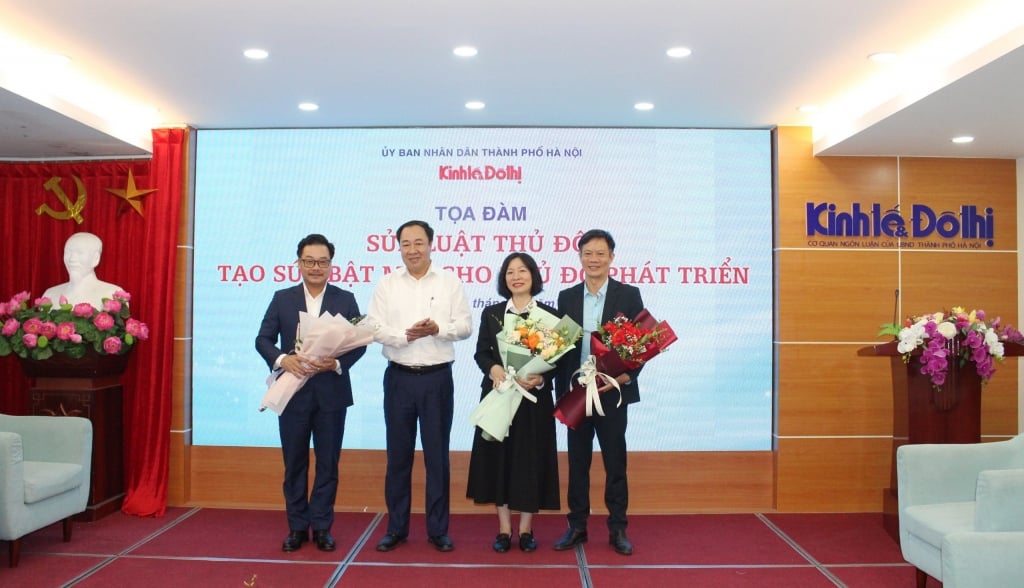
The organizers presented flowers to the speakers participating in the discussion "Amending the Capital Law: Creating new momentum for the development of the Capital". Photo: Cong Phuong
Attending the seminar were Ms. Vu Thi Thanh Tu - Head of Legal Education and Dissemination Department, Hanoi Department of Justice.
The speakers participating in the discussion include: Dr. Le Duy Binh - Economic Expert; Executive Director of Economica Vietnam; Dr. Nguyen Ngoc Bich - Head of Administrative Law Department, Hanoi Law University; Mr. Le Trung Hieu - Deputy Head of Hanoi Urban Railway Management Board.
On the side of the Organizing Committee, there was Mr. Nguyen Xuan Khanh - Deputy Editor-in-Chief of Economic and Urban Newspaper, along with the Head, Deputy Head, editors, reporters, and technicians of the Economic and Urban Newspaper.
The seminar also had the participation of reporters representing Central and Hanoi newspapers.
Speaking at the opening of the seminar, Mr. Nguyen Xuan Khanh - Deputy Editor-in-Chief of the Economic and Urban Newspaper said that amending the 2012 Capital Law is necessary to institutionalize the Party's policies and guidelines on building, developing, managing and protecting the Capital in Resolution No. 15-NQ/TW of the Politburo on the direction and tasks of developing the Capital Hanoi to 2030, with a vision to 2045, in which it is determined to build and develop a "Cultured - Civilized - Modern" Capital and overcome the shortcomings and limitations that have been identified since the implementation of the 2012 Capital Law.
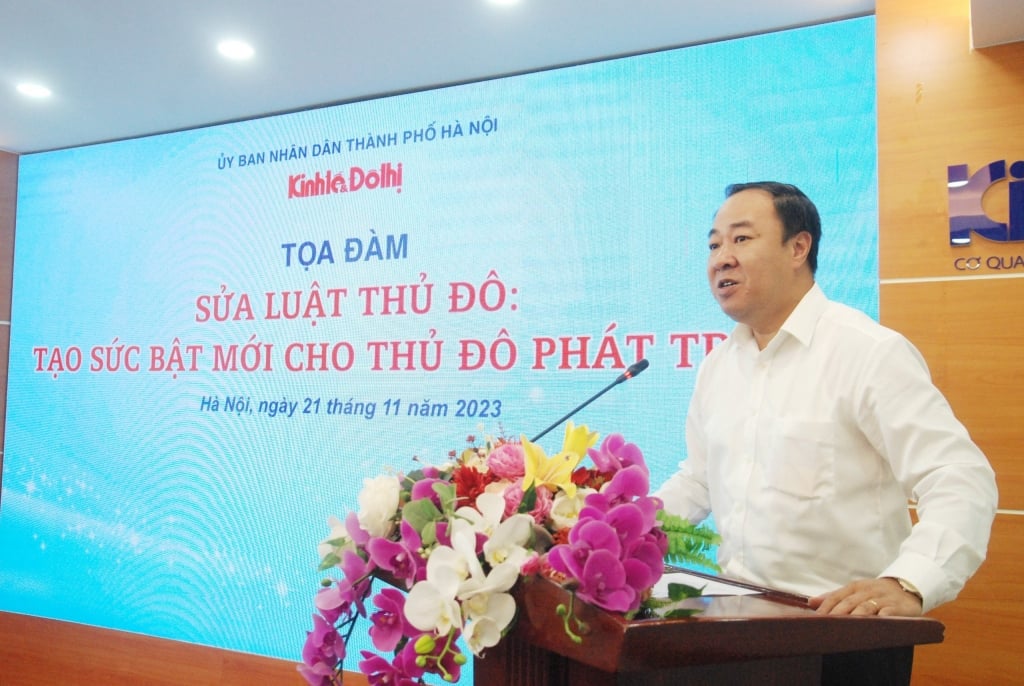
Mr. Nguyen Xuan Khanh - Deputy Editor-in-Chief of Economic and Urban Newspaper delivered the opening speech at the seminar. Photo: Cong Phuong
The draft Law on the Capital (amended) is based on 5 guiding viewpoints: Fully institutionalizing the Party's policies and guidelines on building and developing the Capital; Stipulating specific mechanisms and policies for the Capital to ensure consistency with the Party's policies and guidelines and compliance with the 2013 Constitution; Closely following the 9 groups of policies approved by the Government; Detailing and concretizing as much as possible the specific mechanisms and policies in the Law for immediate application; Inheriting and developing the effective regulations of the 2012 Law on the Capital that have been tested in practice; legalizing the specific mechanisms and policies being piloted for provinces and centrally-run cities in accordance with the Capital.
The Draft Law on the Capital has many breakthrough provisions to create opportunities for worthy development for Hanoi as well as contribute to promoting connectivity and development of the Capital Region. However, the construction of the law is not outside the overall legal system.
The amendment of the Law on the Capital must meet practical needs. Because the capital Hanoi is the heart of the whole country, the people all want to build and develop it to match its position and role, ensuring it becomes a major center of politics, culture, society, a green, clean, beautiful, civilized, and modern capital.
Many issues are raised when amending the Law such as: breakthrough regulations on attracting resources, financial investment, meeting the needs of government organization and economic development of the Capital. The development of TOD (public transport), this is an effective mechanism to exploit resources from land, economic development, infrastructure that many developed countries in the world have applied. Along with that is the development of underground space, green space and traffic space and regulations on the use of talents, in the development strategy of the Capital...
In particular, recently, at the recent group discussion session on the draft Law, National Assembly deputies agreed that it is necessary to promulgate the Law on the Capital (amended) with the basic contents as in the Government's submission, to build a modern, smart capital Hanoi, leading and creating spillover effects, linking urban areas, driving the development of the region and the whole country; striving to develop on par with the capitals of developed countries in the region as required by the Party's resolutions.
To open up, help readers discuss, share, and contribute more opinions, especially when the draft Law will be consulted with National Assembly deputies at the 6th Session, 15th National Assembly, the Economic and Urban Newspaper organizes this discussion.
"On behalf of the Organizing Committee, I would like to open the discussion "Amending the Capital Law: Creating new momentum for the development of the Capital" - Deputy Editor-in-Chief of Economic and Urban Newspaper Nguyen Xuan Khanh emphasized.
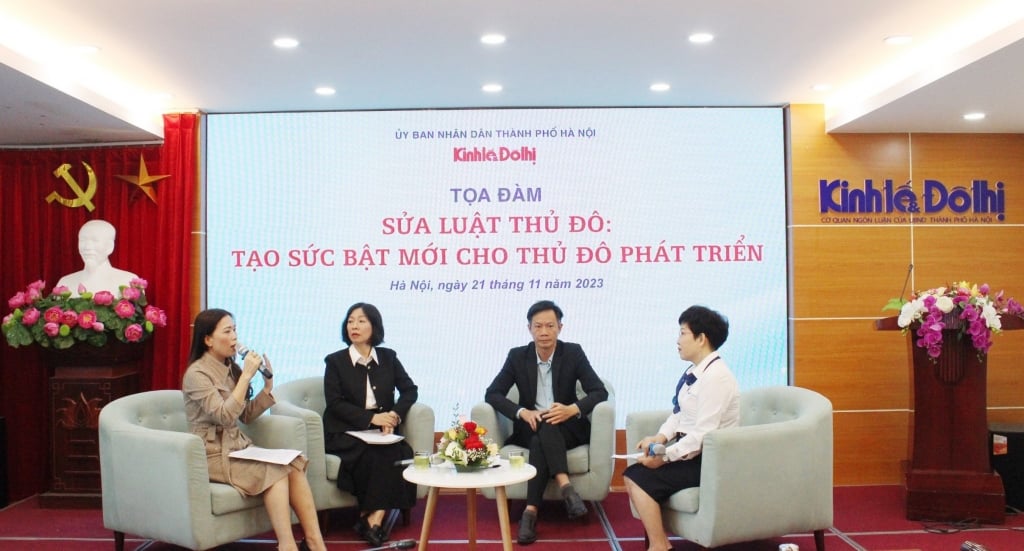
Ms. Vu Thi Thanh Tu - Head of Legal Education and Dissemination Department, Hanoi Department of Justice spoke at the seminar. Photo: Cong Phuong
Building a "Cultured - Civilized - Modern" City
Talking about the necessity of amending the Capital Law this time, according to Dr. Le Duy Binh, the 2012 Capital Law has been implemented for more than 10 years. In the process of implementing the Capital Law, Hanoi has recently achieved important results, very encouraging, contributing to the development of the Capital in terms of economy, society, culture, education, etc.
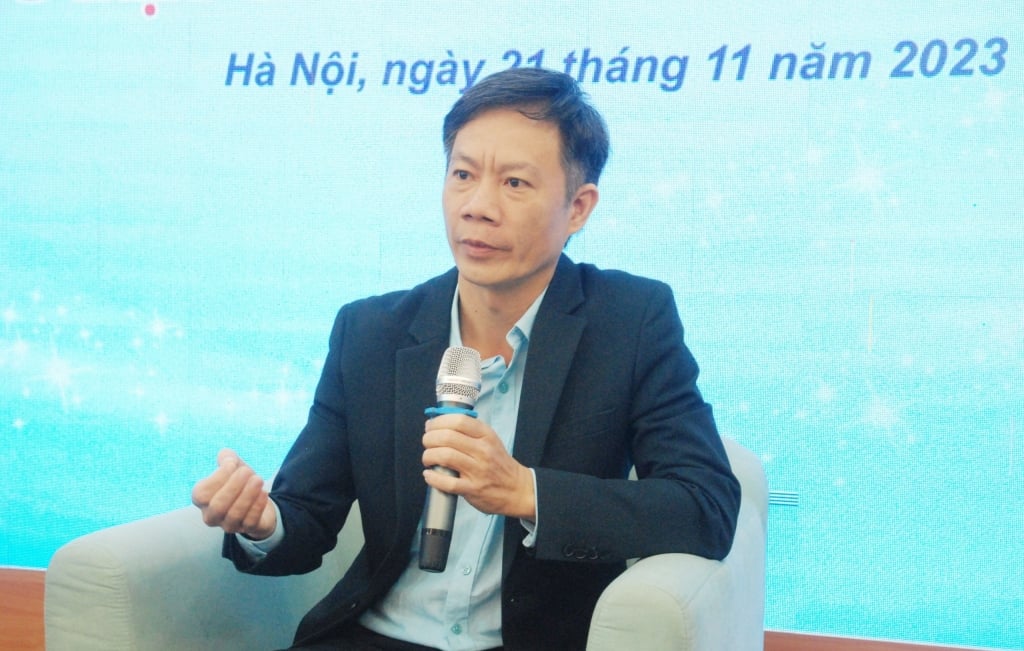
Dr. Le Duy Binh - Economic Expert; Executive Director of Economica Vietnam discussed at the seminar. Photo: Cong Phuong
However, after 10 years, the country has had new development directions, our Capital also has new requirements, originating from reality, especially economic issues, social issues, science, education, health, etc.
In Resolution No. 15-NQ/TW, the Politburo affirmed the position, especially important strategic role and requirements, tasks of developing Hanoi Capital by 2030, with a vision to 2045; creating a breakthrough in mobilizing the combined strength, effectively exploiting the potential and advantages of the Capital, combining with national and international resources, building and developing Hanoi Capital to truly be worthy of being the national political and administrative nerve center, the heart of the whole country; a major center of economy, culture, education and training, science and technology and international integration; becoming a smart, modern, green, clean, beautiful, secure and safe urban area; develop rapidly, sustainably, and have a spreading effect to promote the Red River Delta, the key economic region of the North, and the whole country to develop together, meeting the expectations, trust, and desires of the entire Party, the entire army, and the people of the whole country for the capital Hanoi.
Resolution No. 15-NQ/TW has concretized and defined the purposes, requirements, tasks and solutions very clearly.
This is the legal basis and important condition to create momentum for the development of the Capital from now until 2030 and 2045, with the main orientation: Hanoi Capital is a "Cultured - Civilized - Modern" City; worthy of being the national political - administrative nerve center, the heart of the whole country; a major center of economy, culture, education and training, science and technology and international integration.
Based on practical needs, we will build a Hanoi Capital that meets the expectations of the people of the Capital, meets the expectations of the people of the whole country because the Capital is the heart of the whole country. The Law on the Capital not only serves the Capital, it not only serves the economy of the Capital but it also serves the development of the whole country.
Thus, the Capital Law needs new mechanisms, special and outstanding mechanisms to further accelerate the development of the Capital, quickly and sustainably achieving the goals we have set.
These are the necessary bases for this revised draft of the Capital Law.
According to Dr. Nguyen Ngoc Bich - Head of the Department of Administrative Law, Hanoi Law University, in the very unique characteristics of Hanoi, the capital of many countries is only a political center, or maybe a cultural center, but our capital Hanoi is both a political center and a cultural center. Ms. Bich quoted the saying "Even if it is not fragrant, it is still jasmine/Even if it is not elegant, it is still a person from Trang An" to prove the argument that the capital Hanoi is the cultural center of the whole country.
With that special position, in 2000, the National Assembly Standing Committee issued the Capital Ordinance and in 2012, the Capital's own regulations were born.
But one point that we must now frankly acknowledge in the Capital Ordinance and the Capital Law of 2012 is that it is still at the viewpoint and policy level and not yet a specific regulation. From that policy process to implement, we must have specific regulations.
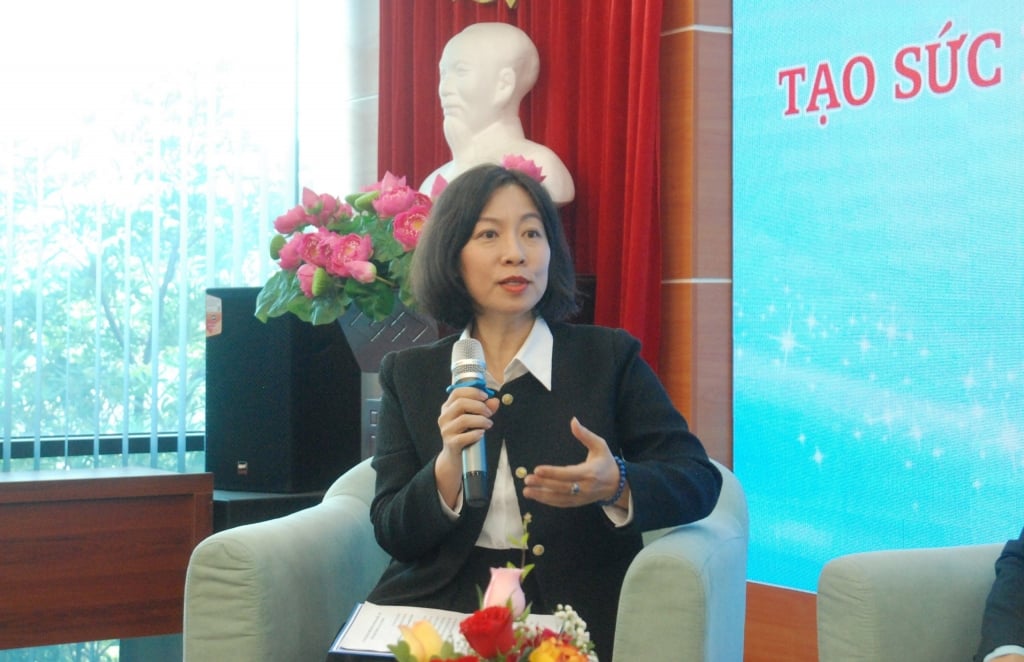
Dr. Nguyen Ngoc Bich - Head of the Department of Administrative Law, Hanoi Law University, gave his opinion at the discussion. Photo: Cong Phuong
That is the first reason to amend the Capital Law.
The second reason is that a legal document needs time to be issued, it needs to be evaluated and reviewed to see if it is still suitable or not. When it is no longer suitable, it must be amended. The amount of amendment depends on the suitability of the document to the requirements of reality.
“This time, we often call the Capital Law the amended Capital Law, but in my personal expertise, I think it can be said that this is a “new” law. Because there is a regulation that we have not mentioned in the previous two documents, but this time the Capital Law has included it, which is the regulation on the organization of government in Hanoi City” - according to Dr. Nguyen Ngoc Bich.
Dr. Nguyen Ngoc Bich said that this is a very important chapter to ensure that our Capital Law can cover all ongoing issues and problems that Hanoi is facing.
“Maybe today, many regulations in the revised Law on the Capital have been submitted to the National Assembly. If the National Assembly passes it, although it is only a content regulation in the Law on the Capital, specifically for the capital Hanoi, but if we know when we implement it, it will have a very big impact and it can change the thinking of the National Assembly, the authorities at all levels, and change the thinking of the people, then it will become common regulations for the whole country…” - Dr. Nguyen Ngoc Bich said.
“We are pioneering in implementing new regulations. When those regulations have had time, have been proven in Hanoi, and have been successful, we will deploy them widely…” , Dr. Nguyen Ngoc Bich emphasized.

Mr. Le Trung Hieu, Deputy Head of Hanoi Urban Railway Management Board, discussed at the discussion. Photo: Cong Phuong
Amending the Capital Law: a great opportunity, creating advantages for Hanoi to develop
Speaking at the seminar, Mr. Le Trung Hieu, Deputy Head of the Hanoi Urban Railway Management Board, affirmed that the Capital Law Project (amended) 2023 is a great opportunity, creating advantages for Hanoi to develop, rise to a new stature, a new position not only in the country but also in the region and the world.
Among the 9 important policy groups in the draft Law on the Capital (amended), the most notable are the policy group on mobilizing and effectively using financial resources and budget for the development of the Capital; allowing the implementation of other forms than current regulations (PPP, BT, TOD); managing public assets and controlled experimental models; strong decentralization of investment decisions for the city; regulations on attracting strategic investors and incentives to attract investors.
According to statistics, Hanoi currently has about 6.4 million road vehicles (including about 5.6 million motorbikes and 685 thousand cars of all kinds), not to mention 1.2 million vehicles from other provinces and cities participating in traffic in the capital. The imbalanced development between means of transport and infrastructure leads to overload and traffic congestion during rush hours. The consequences are high emissions and environmental pollution for the capital. Therefore, this amendment, the draft Law on the Capital (amended) has new regulations on urban development in the direction of public transport (TOD).
Through the process of researching, working and discussing with experts in the process of building the Law on the Capital (amended), associated with the specific characteristics of the Capital Hanoi, we have come up with a definition of TOD with the identity of the Capital: "Urban development in the direction of public transport (TOD) is a comprehensive solution for urban development as the basis for urban planning, reconstruction and development, taking the urban railway (UR) traffic hub as a concentration point for residents, commercial services, and offices within walking distance to public transport to improve the efficiency of land use, public works, public health, reduce personal motor vehicles, reduce emissions causing environmental pollution, combined with preserving and promoting cultural values".
"Currently, we are implementing the urban railway development strategy to 2045, which must be completed and basically completed by 2035. This is a heavy task and we also know that the resources for investment are limited and we have to implement it in the form of ODA loans, and when borrowing ODA capital, it comes with many terms that we must be bound by. In particular, technical standards and technology must originate from the sponsoring country, leading to our urban railway systems, each line borrows capital from a country; some countries apply European standards, some countries apply Japanese standards, leading to urban railway lines not being synchronized" - Mr. Le Trung Hieu stated.

Speakers highly agreed with the need to amend the Capital Law.
According to Article 39 of the Draft Law on the Capital (amended), it stipulates the mobilization of resources to develop urban railways according to TOD. With this regulation, Hanoi City can collect a significant amount of money from auctioning land use rights, underground construction rights, and elevated constructions in the TOD area to reinvest in developing urban railways and the city's public transport system.
In addition, Hanoi continues to propose to add some regulations to the law to increase the value recovered from land, specifically: Hanoi People's Council approved the project to collect fees for using the additional underground space and overhead space for existing residential areas in the TOD area in case the project owner requests to adjust the height and construction depth of the project to increase compared to the previously approved architectural planning standards and the competent authority decides to approve the adjustment...
According to phapluatxahoi.kinhtedothi.vn
Source


![[Photo] Prime Minister Pham Minh Chinh holds talks with Prime Minister of the Kingdom of Thailand Paetongtarn Shinawatra](https://vphoto.vietnam.vn/thumb/1200x675/vietnam/resource/IMAGE/2025/5/16/23b5dd1e595d429491a54e3c1548fb79)




![[Photo] Welcoming ceremony for Prime Minister of the Kingdom of Thailand Paetongtarn Shinawatra on official visit to Vietnam](https://vphoto.vietnam.vn/thumb/1200x675/vietnam/resource/IMAGE/2025/5/16/cdd9e93739c54bb2858d76c3b203b437)


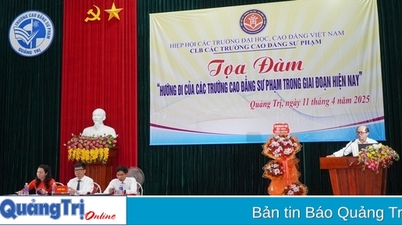




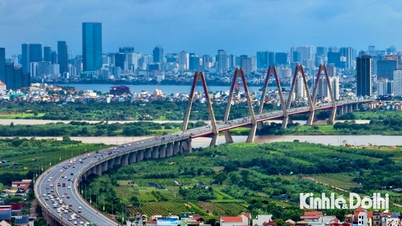
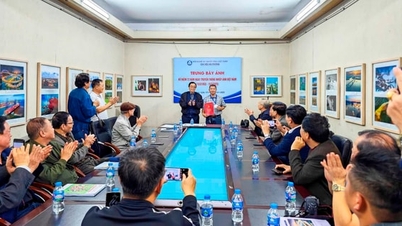



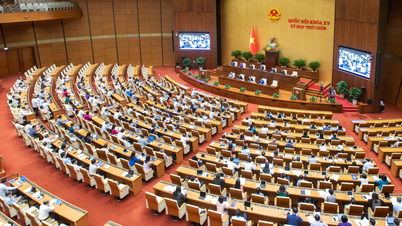

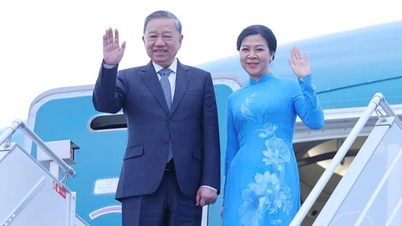


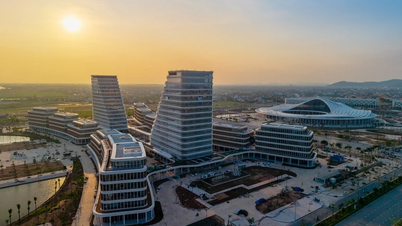















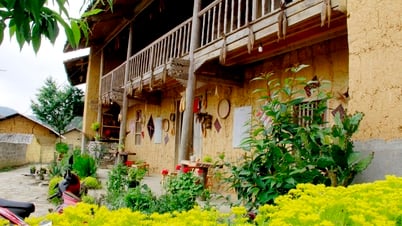















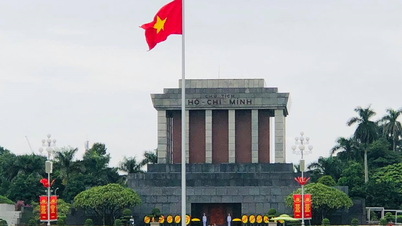













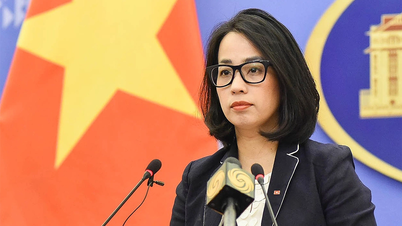


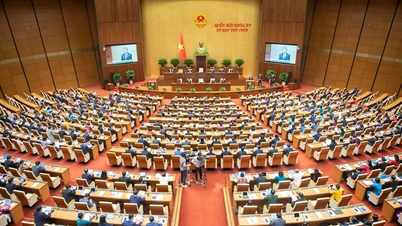







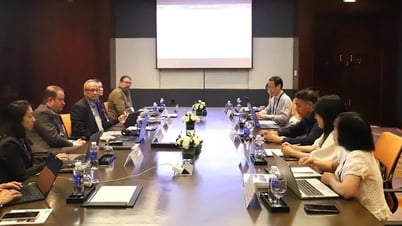


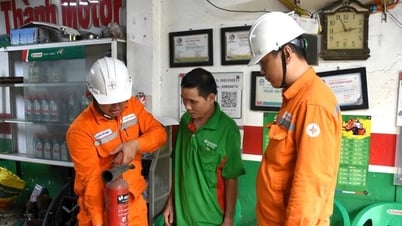

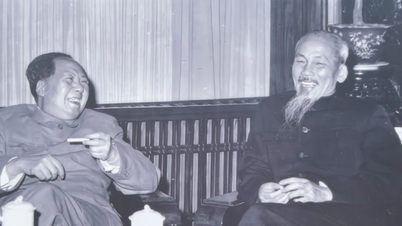

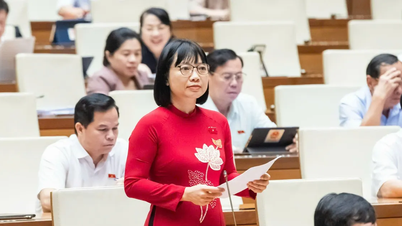


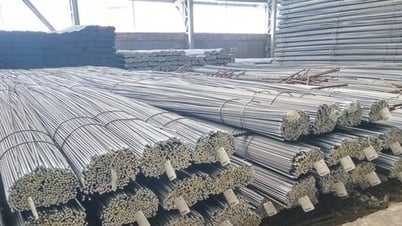










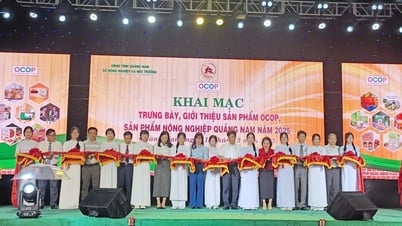
Comment (0)